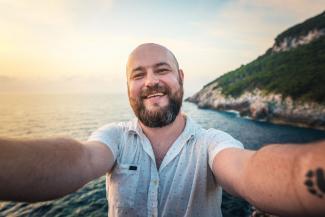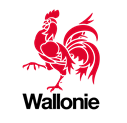BioSenic and its mission
BioSenic aims to become a leading company in the field of regenerative and immune medicine by developing innovative products for inflammatory diseases and bone disorders, as well as medical devices for these same areas.
We focus on the clinical development of drug candidates that address unmet medical needs in high-value indications, where the path to market is accelerated and collaborative innovation can make a difference.
BioSenic has solid scientific and clinical experience in orthopedics and regenerative therapies.
- More
-
Our main clinical program
BioSenic is co-developing, with the French company 4Moving Biotech, 4P004v, a veterinary drug for dogs recovering from surgery after ligament repair. This is a major unmet medical need in veterinary orthopedics: it is estimated that more than 750,000 cranial cruciate ligament (CCL) surgeries are performed each year in the United States and Europe.
Thanks to its unique anti-inflammatory, anti-catabolic, and regenerative action, 4P004v is positioned as the first candidate in its class in veterinary orthopedics. 4P004 is a GLP-1 analog designed for intra-articular use in human knee osteoarthritis. The current objective is to demonstrate clinical proof of concept in dogs after ligament repair. The Phase I clinical study is underway.
A new co-development strategy
BioSenic is now implementing a new co-development strategy with strong and innovative partners, including the French company 4Moving Biotech. The goal is to accelerate the time to market through collaborative innovation, leveraging the respective strengths of the partners.
BioSenic has 15 years of expertise in clinical development in the following areas:
- Next-generation treatment for osteoarthritic knee pain, injectable intra-articularly: the Phase III study of JTA-004, a patented blend of plasma proteins and hyaluronic acid, unfortunately did not yield conclusive results overall. However, it did demonstrate a positive effect on type 3 osteoarthritis, the most severe form of the disease accompanied by inflammation.
- Cell therapy products: the allogeneic ALLOB® platform was developed for bone regeneration (by culturing human bone marrow cells from healthy donors ex vivo to generate osteoblastic cells). ALLOB® has received orphan drug designation for osteonecrosis of the hip and osteogenesis imperfecta (brittle bone disease) in the European Union and the United States. After validating two Phase I/IIA proof-of-concept clinical trials for the treatment of delayed-union fractures and spinal fusion procedures, the latest results obtained in Phase IIb were unfortunately not conclusive enough.
BioSenic no longer plans to conduct clinical development of JTA-004 or ALLOB® itself.
- Treatment of autoimmune diseases based on arsenic trioxide, developed by Medsenic, a former subsidiary of BioSenic, Arscimed® was being considered for three applications: chronic graft-versus-host disease (successful Phase II), systemic lupus erythematosus, and systemic sclerosis. As BioSenic does not own the intellectual property rights to this asset, it is not pursuing this research on its own.
Executive team
Jean-Luc Vandebroek has extensive experience in large listed and private companies. Jean-Luc's career was built over 15 years at Delhaize (now Ahold Delhaize), the Belgian-American retail group. During this period, he held various positions of increasing responsibility within the finance department, such as CFO Europe and USA, and Vice President Finance Belgium and Luxembourg. He was then promoted to CFO of Fluxys, the listed European gas infrastructure operator. In this role, he was responsible for the financing of large infrastructure projects in the capital markets. Prior to joining Bone Therapeutics and then BioSenic, Jean-Luc was Director and CFO of Moteo Two Wheels and Bihr Europe, the two-wheeler specialist, a subsidiary of the Alcopa Group, a Belgian family-owned holding company with a turnover of around 1.7 billion euros.
Board of Directors
BioSenic is committed to implementing the highest processes and standards of corporate governance, while ensuring that its business model is relevant, efficient and cost effective to the Company and its investors.
The Board of Directors is made up of the Chairman, four non-executive Directors and two executive Directors.
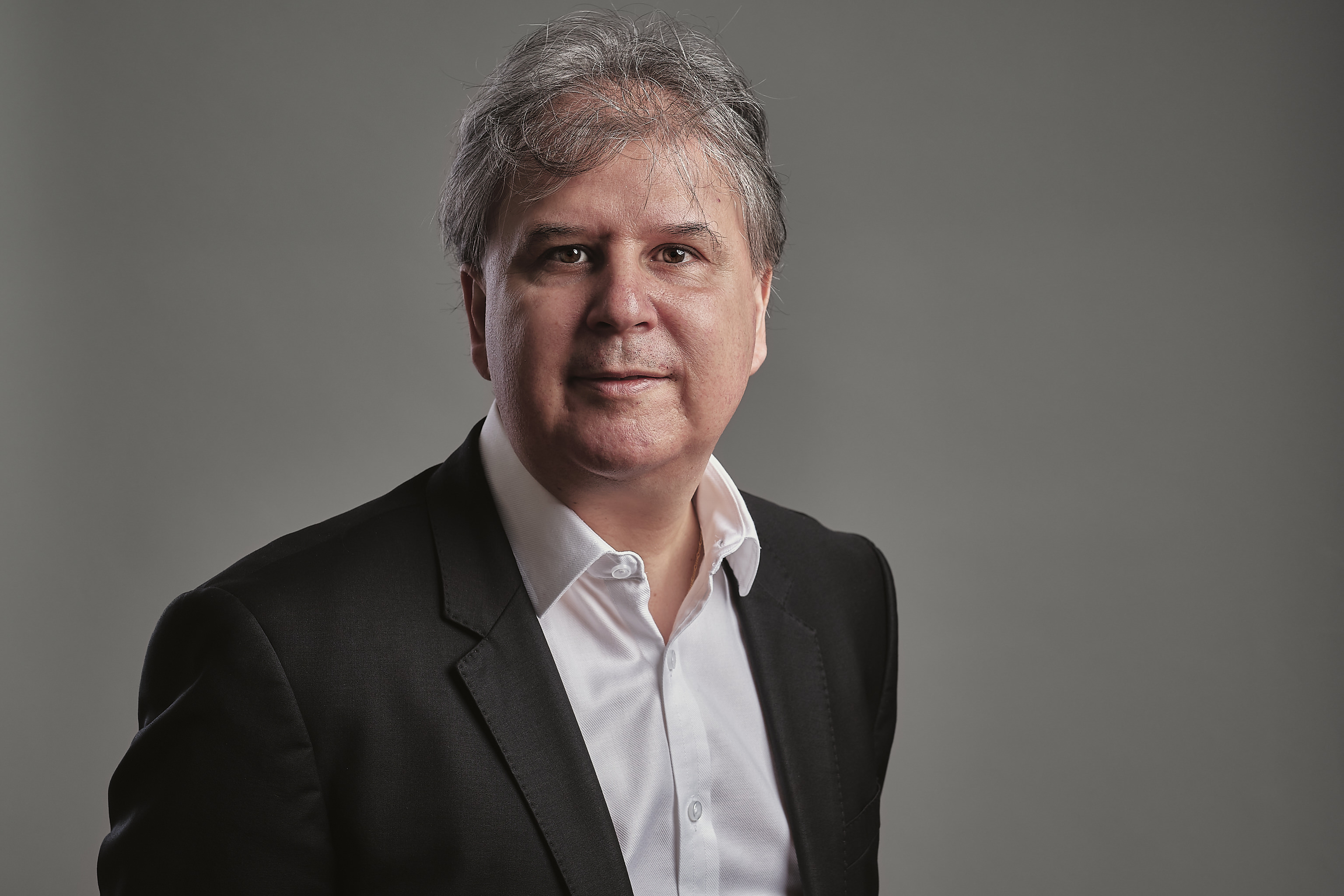
Mr. Eric Halioua is an experienced executive with over 25 years in the life sciences sector, combining scientific expertise with strategic business acumen. Throughout his career, he has demonstrated his ability to create, finance, and lead innovative biotechnology companies. His governance experience and independent judgment will be key assets in guiding BioSenic’s strategy, supporting informed decision-making, and safeguarding shareholders’ interests.
Jean-Luc Vandebroek has extensive experience in large listed and private companies. Jean-Luc's career was built over 15 years at Delhaize (now Ahold Delhaize), the Belgian-American retail group. During this period, he held various positions of increasing responsibility within the finance department, such as CFO Europe and USA, and Vice President Finance Belgium and Luxembourg. He was then promoted to CFO of Fluxys, the listed European gas infrastructure operator. In this role, he was responsible for the financing of large infrastructure projects in the capital markets. Prior to joining Bone Therapeutics and then BioSenic, Jean-Luc was Director and CFO of Moteo Two Wheels and Bihr Europe, the two-wheeler specialist, a subsidiary of the Alcopa Group, a Belgian family-owned holding company with a turnover of around 1.7 billion euros.

Virginie Miath a rejoint Capital Grand Est en 2016. Elle dispose de huit années d’expérience dans le transfert de technologie et l’accompagnement de start-ups, ainsi que de dix années d’expérience en capital-investissement. Elle rejoint le Conseil d’Administration en tant que représentante de Capital Grand Est en date du 29/01/2026.
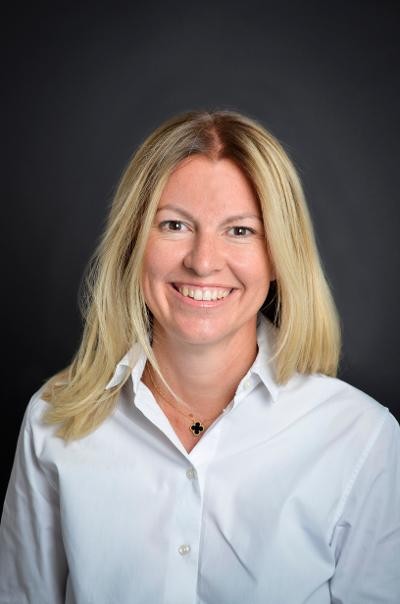
Ms. Anne-Sophie Jourdain is an expert in strategy and business law, with over 20 years of experience in various sectors such as retail, services, insurance, and new technologies. Currently Director in charge of legal affairs, governance, taxation, compliance, and insurance within a large international group, she sits on management committees and is involved in strategic projects in France and internationally, including development, mergers and acquisitions, and structural partnerships. She has in-depth expertise in corporate strategy, which she uses to support organizational transformation and manage complex operations. She has led numerous restructuring projects and implemented robust compliance and data protection policies. Trained in mediation, she also acts as a mediator, contributing to the amicable resolution of disputes. She also serves as a commercial court judge, which attests to her legitimacy and commitment to serving the public interest. In addition, she holds several board member positions, where she brings her strategic vision, risk management expertise, and operational experience to governance bodies.
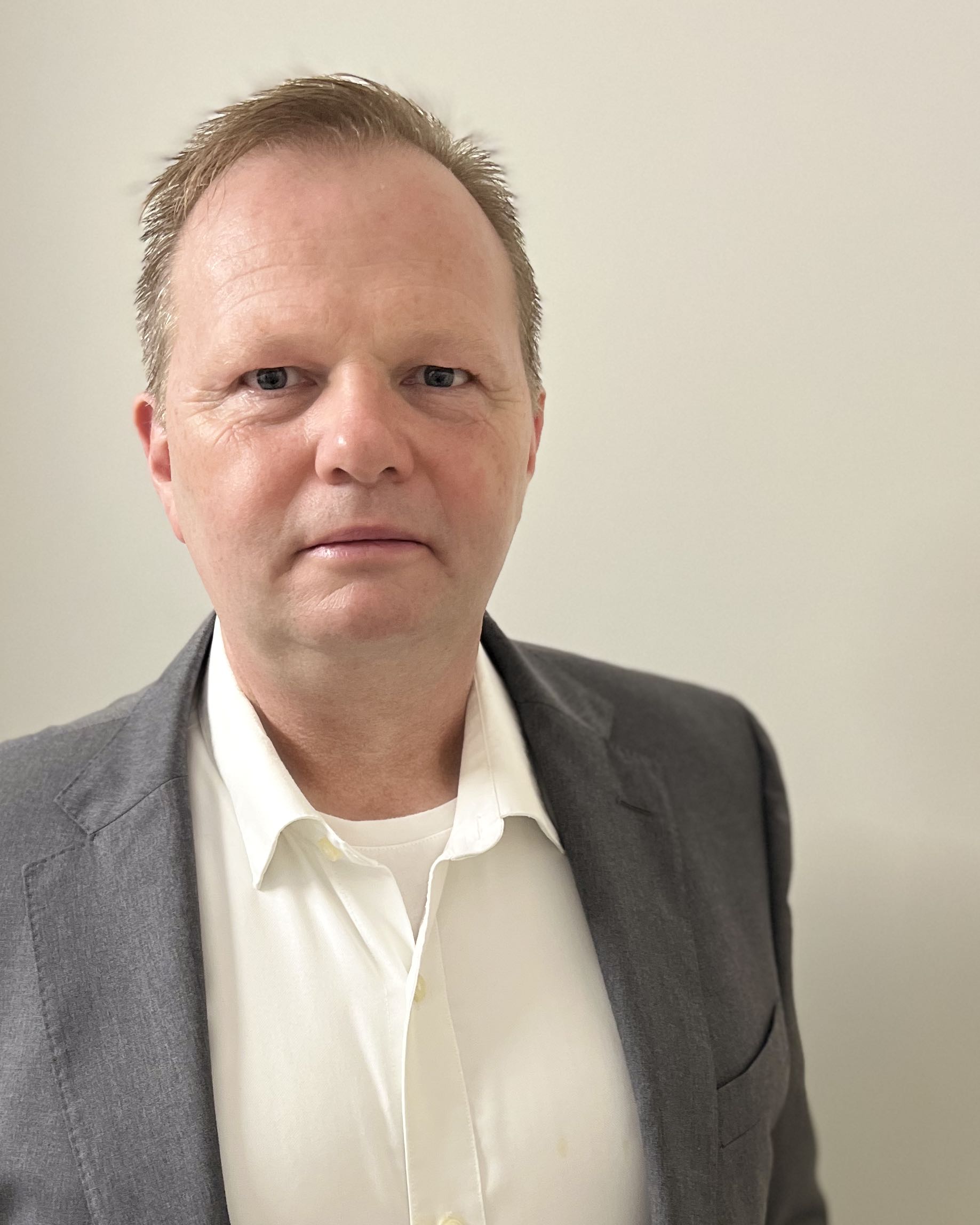
Mr. Seppe De Gelas is a seasoned expert in quality assurance (QA) and regulatory affairs (RA), with over 25 years of international experience in the pharmaceutical, medical device, and tissue sectors. His career combines practical technical expertise, leadership in innovative biopharmaceutical companies, entrepreneurship, and university teaching. A chemist by training and specializing in the field of peptides, he began his professional career in clinical research at Bristol-Myers Squibb, before moving on to QA and RA roles at Baxter, UCB, and Lonza, where he oversaw regulatory compliance, quality systems, and manufacturing controls. From 2010 to 2015, he ran his own GMP laboratory, performing quality control testing and batch release for the European market, before founding Boletus Consulting to advise SMEs and large companies on integrated QA and RA strategies for active ingredients, drugs, and medical devices. One of his major projects was as director of QA and regulatory affairs for a start-up specializing in implantable medical devices designed to continuously monitor blood glucose levels using photonic technology. He currently serves as Vice President of Quality Assurance and Regulatory Affairs at a publicly traded pharmaceutical company in the EU specializing in 505(b)(2) procedures. In this role, he has been instrumental in developing optimized, digitally-enabled quality systems and supporting regulatory submissions. Since 2017, Seppe has also been teaching European regulatory affairs, process control, and process validation as part of the international biomedical regulatory sciences program at the University of Georgia College of Pharmacy (Atlanta, USA). His academic work covers global regulatory frameworks, with a focus on FDA and EMA requirements.


